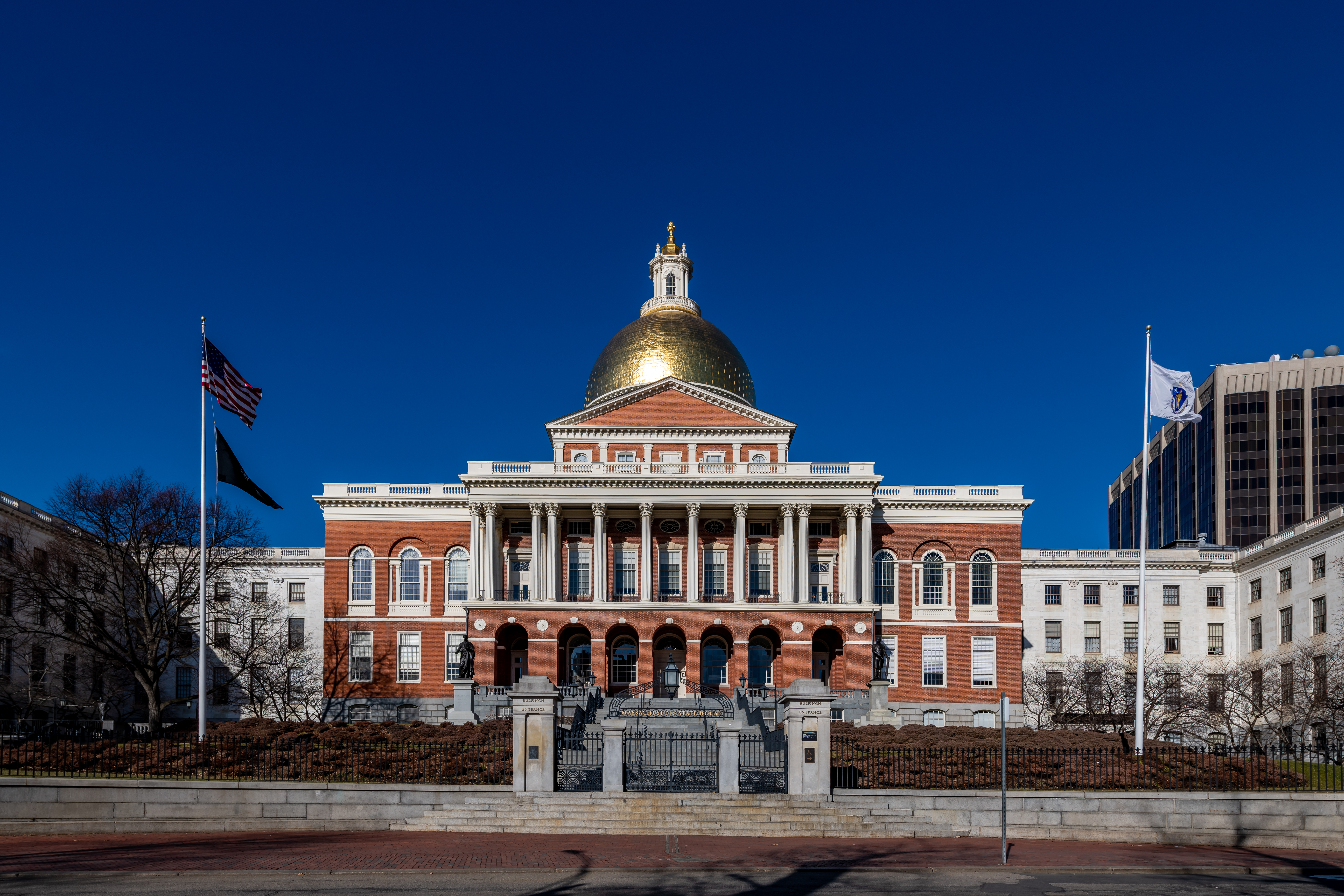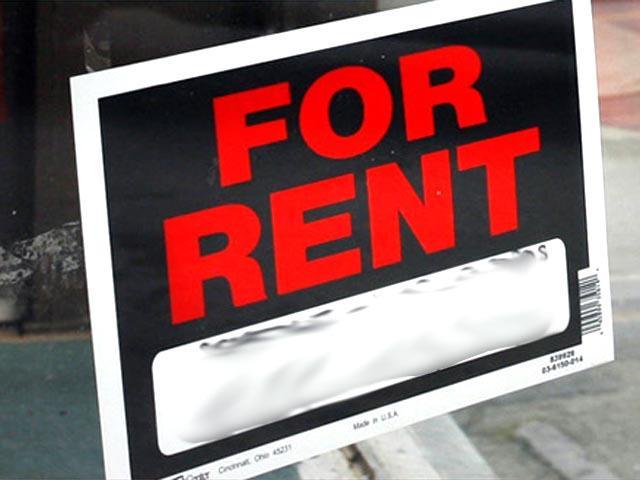A legal battle is brewing on Beacon Hill, as state officials debate whether or not Massachusetts Auditor Diana DiZoglio can audit the Legislature.
The debate began when DiZoglio announced plans to audit the Legislature last month. Three weeks later, House Speaker Ronald Mariano responded with a letter arguing that she doesn’t have that authority. Now DiZoglio's office is releasing at least seven audits that she said shows there’s a precedent for her to do just that.
WATCH ANYTIME FOR FREE
Stream NBC10 Boston news for free, 24/7, wherever you are. |
"My staff has been doing a tremendous job researching, really digging into those archives to find documents that have been buried deep in the back rooms of the State House," DiZoglio told NBC10 Boston. "And we have been able to find seven other times that the state auditor has conducted audits of the state legislature, so it's been done before."
Like lawmakers, lawyers are split in their opinions on the issue. New England School of Law Professor Lawrence Friedman said the speaker makes a strong argument by citing the separation of powers principles, while Wendy Murphy, of New England Law Boston, argued that it's "anti-democratic."
Get updates on what's happening in Boston to your inbox. Sign up for our News Headlines newsletter.
"The separation of powers doctrine has never meant that the three branches of government must function completely independently of other of each other, like silos," Murphy said. "And to the contrary, the nature of the separation of powers doctrine was built to ensure that each of them could hold the other accountable. And that's exactly what the auditor is doing."
There's an argument to be made that because it's a separate branch of government, the Legislature would be "off limits no matter what," Friedman said. He added that the power to audit the Legislature isn't mentioned in the Massachusetts Constitution.
"The argument that the Legislature is making is that this is dangerous. It's that if the auditor has the ability to do this, it has the ability to undermine the very things the Legislature does," Friedman said. "And under the Constitution, it is the people of the Commonwealth who should keep the Legislature in check. Not the auditor."
The extent of the auditor's power is written in state law, Murphy countered, pointing to the statute that details which entities the auditor can and cannot audit.
"One of them is Institutions of the Commonwealth. I don't think anyone with a straight face can argue that the Legislature is not an Institution of the Commonwealth," Murphy said. "And maybe more importantly, the law nowhere says the the auditor cannot audit the Legislature."
Mariano's letter argues that House expenditures are posted on the Massachusetts Comptroller's website, but the Legislature is exempt from public records law and has been criticized for keeping votes private. The idea that any governmental body should be able to spend taxpayer money without external accountability is laughable, according to Murphy.
"It borders on embarrassing for the Legislature to say the auditor can't do this," Murphy said. "What they're really saying is, 'We don't want anybody looking at our books. We don't want anybody holding us accountable.'"
What they're really saying is, 'We don't want anybody looking at our books. We don't want anybody holding us accountable.'
- Wendy Murphy, New England Law Boston.
DiZoglio said the documents support her position that the Legislature can be audited, just like every other state agency. DiZoglio added that the Legislature itself audits the executive branch through the Post Audit and Oversight Committee.
“That’s a bogus argument. They themselves audit the executive branch. The auditor is certainly able to audit the legislature. It has been done before. And we have now found new information in some of the archives," DiZoglio said. "Its unfortunate that there’s pushback about this when our office is simply trying to increase transparency, accountability and equity so taxpayers know how their tax dollars are being spent."
Lawyers say both sides could bring this to a judge, which could have larger implications for state auditors and lawmakers across the country.



